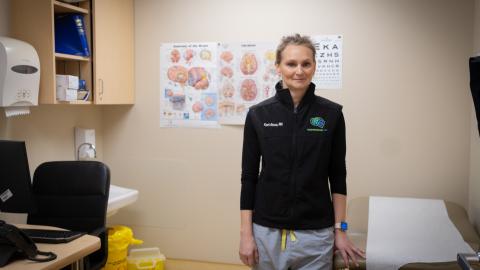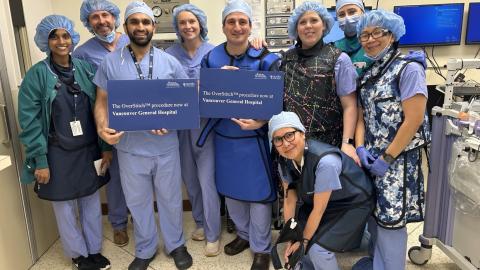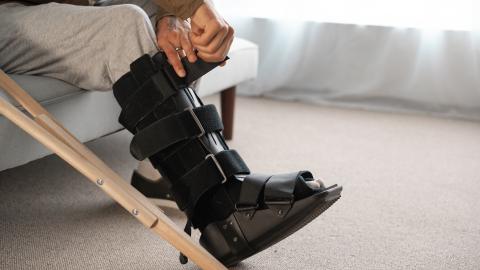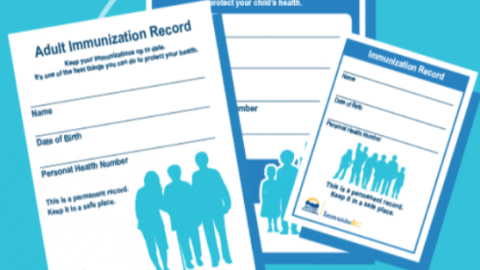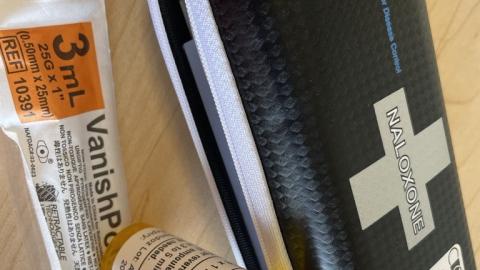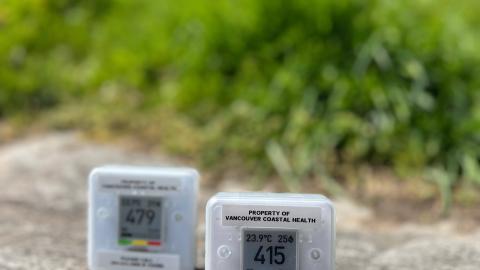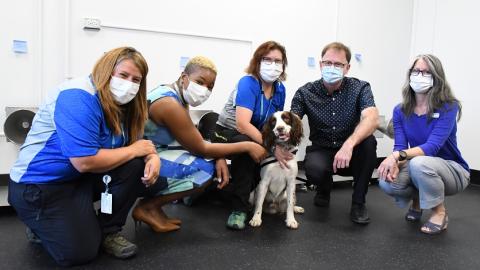Information bulletin
Travel Clinic warns spring breakers: Don’t expose yourselves!
VANCOUVER, BC – Travel exposes people to new cultures, new environments, new foods—but the one thing the VCH Travel Clinic doesn’t want travellers exposed to is new bacteria and viruses.
“When you travel abroad, you get exposed to bugs and viruses that your body may have never encountered before,” says Dr. Suni Boraston, medical director of the VCH Travel Clinic. “It’s really important for people to do their homework and find out what vaccines they might need before travelling to a specific area, and how far in advance they should be vaccinated. Getting immunized prior to your holiday is like purchasing health insurance for your trip.”
Hawaii, Mexico, or the Caribbean
Hepatitis A vaccine – This virus can be contracted by drinking untreated water, eating contaminated uncooked foods such as shellfish, or eating foods prepared in unsanitary conditions. It is one of the most common vaccine-preventable illnesses in travellers.
Tetanus shot – Commonly known as lockjaw, it is a serious bacterial disease that can be deadly. About one in five people who get tetanus will die. The bacterium that causes tetanus can found in soil, dust and animal feces and the disease can develop from a cut or burn, ear infection or animal bite. After receiving the initial vaccines, a booster is required every 10 years.
Dukoral vaccine – An oral vaccine that prevents traveller’s diarrhea. An episode of travelers’ diarrhea is estimated to cost $1,500 in travel, time and medical costs. Those affected lose an average of 3.5 days of vacation time.
Dominican Republic or Central America
Malaria pills – The Travel Clinic offers prescriptions for malaria pills. Malaria is a common and life-threatening disease in many tropical and subtropical areas. It is most often spread to humans via infected mosquitoes.
Mexico, Africa, Asia, South or Central America, or the Caribbean
Zika virus – The infection is caused by a virus which is spread by the bite of an infected mosquito. There is no vaccine or medication that protects against it. Pregnant women and women trying to get pregnant during their travels or immediately afterwards should consider avoiding travel to areas where an outbreak is occurring. After being in an affected area women wishing to conceive should wait two months after returning. If the man has a confirmed case of Zika virus he should wait six months until having unprotected sex.
Since mosquitos can spread many different diseases it’s important to protect against getting bitten. The clinic also offers a variety of travel productssuch as mosquito bed nets and repellent. Travelers should wear long sleeved shirts and pants, and ensure windows and doors are kept shut.
Anywhere
Flu vaccine - It is still flu season in most parts of the world. You can get a flu shot at the Travel Clinic, or at a walk-in clinic, with your family doctor, or pharmacist.
Appointments at the VCH Travel Clinic can be made by calling 604.736.9244, and more information can be found at travelclinic.vch.ca. The clinic also offers an email consultation service for travellers who cannot access clinic.
VCH is responsible for the delivery of $3.2 billion in community, hospital and residential care to more than one million people in communities including Richmond, Vancouver, the North Shore, Sunshine Coast, Sea to Sky corridor, Powell River, Bella Bella and Bella Coola.
FOR MEDIA ENQUIRIES:







